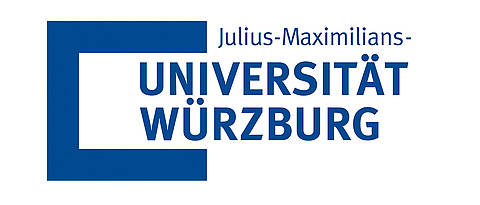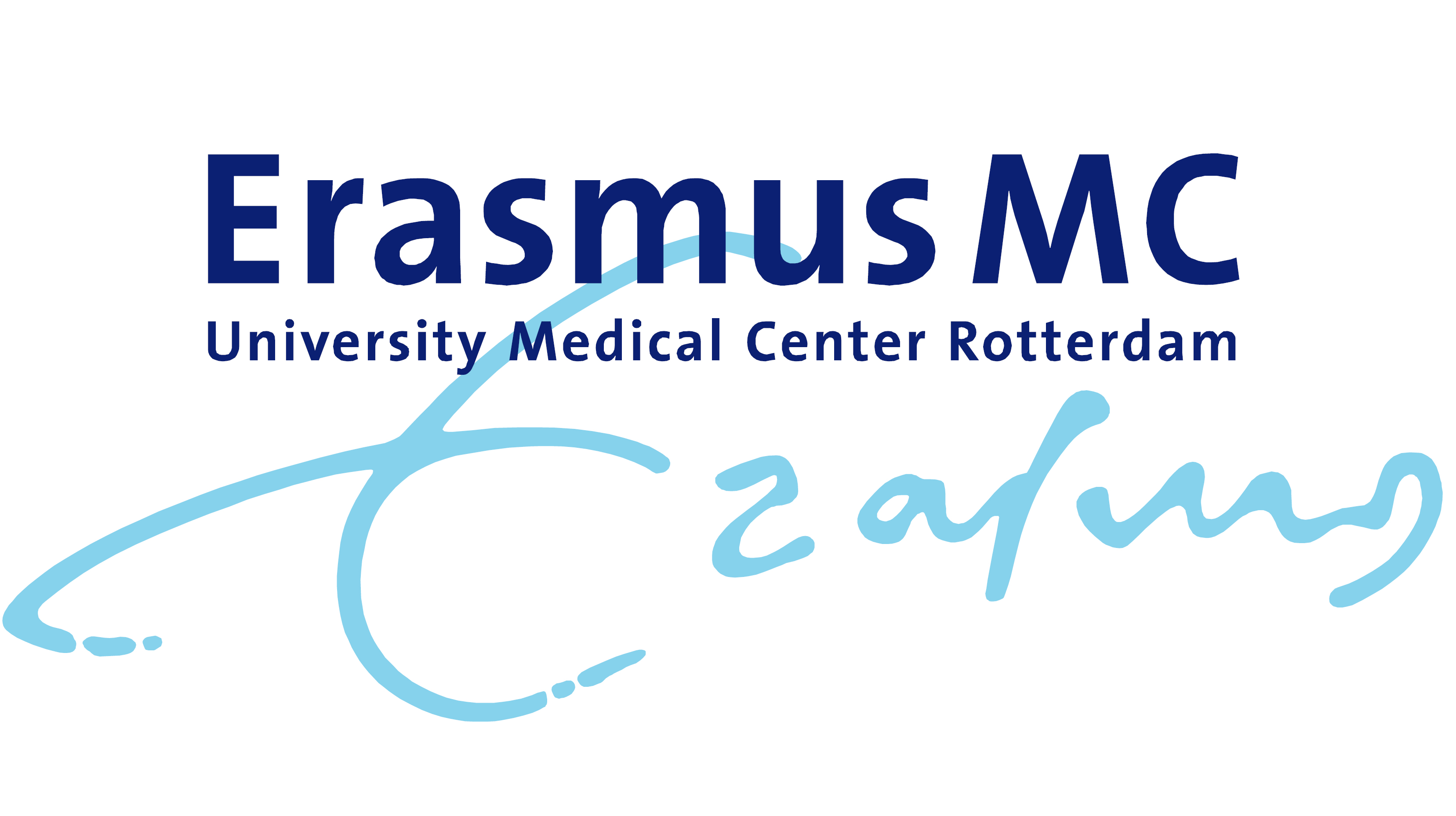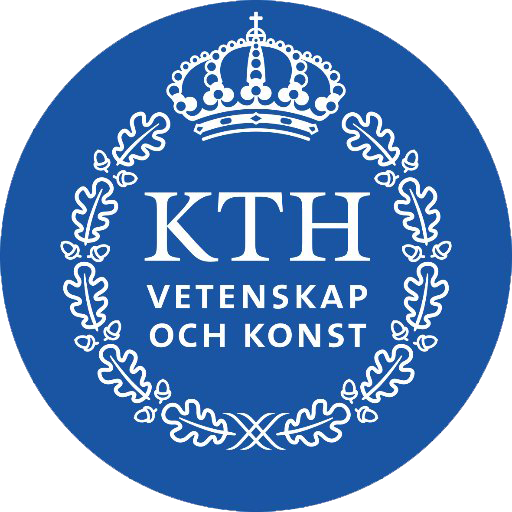Snabbfakta
-
- Ås
- Heltid
- Rekrytering
Kategorier:
- Kemi
- Bioteknik
- Miljövetenskap
- Kemiteknik
Titlar:
- Doktorand
- Postdoktor
Ansök senast: 2024-10-22
PhD/Postdoc in Environmental Impact Analysis for Sustainable Aquaculture
About the position
The Faculty of Science and Technology at the Norwegian University of Life Sciences (NMBU) has a vacant PhD or Postdoc –position related to Environmental and Socioeconomic Impact Analysis of Waste Management in the Aquaculture Sector. The position covers a period of 4 years for a PhD or 3.7 years for a postdoc including research, teaching and other work duties.
Desired start date: 01.01.2025
The project is part of the Sustainable Aquaculture Industry Waste Valorization through Recycling (SEA-CYCLE) Project [https://www.nmbu.no/en/faculties/faculty-science-and-technology/new-project-more-sustainable-aquaculture-industry-awarded]. Funded by The Research Council of Norway, the project aims to utilize waste and wastewater from the aquaculture industry by implementing circular economy principles in the management of aquaculture waste as part of the production processes.
Aquaculture is currently the fastest-growing food production sector globally, with significant potential for environmental impact due to inadequate waste management practices within its production systems. SEA-CYCLE seeks to develop knowledge that enhances sustainable approaches to existing sludge and wastewater handling processes while minimizing pollution in the marine environment. The project proposes technologies that contribute to circular approaches in the aquaculture sector, reducing environmental pollution through sustainable wastewater treatment and resource recovery techniques.
Additionally, SEA-CYCLE will evaluate the economic viability of these technologies from a societal perspective, considering both the environmental costs and benefits involved.
PhD/Postdoc Position: Environmental and Socioeconomic Impact Analysis of Waste Management in the Aquaculture Sector
The position will focus on assessing the proposed waste management technologies in the SEA-CYCLE Project, which combine energy and nutrient recovery, and evaluating their environmental impacts using life cycle analysis (LCA). The candidate will also work on evaluating the economic feasibility of these technologies from a societal perspective, considering the environmental costs and benefits involved.
The candidate will work as a part of Resource Recovery research group. The research activities in this project will be carried out in collaboration with Norwegian Institute for Sustainability Research (NORSUS).
The appointed candidate will be affiliated with the University’s organized research training. The academic work for PhD position is to result in a doctoral thesis that will be defended at the University, with the aim of obtaining the degree of PhD. The successful candidate is expected to join the existing research milieu or network and contribute to its development. Read more about the doctoral degree.
Main tasks
The candidate will collaborate with a multidisciplinary and international team and contribute to the advancement of sustainable technologies in aquaculture waste/wastewater management. The candidate is anticipated to undertake:
- Review of the scientific literature and state-of-the-art on treatment technologies for aquaculture sludge and wastewater
- Advanced statistical analysis and other data sciences techniques for the handling of the collected data
- Perform high-quality scientific research and publish at least 3 publications in internationally scientifically indexed journals
- Be a cooperative member of the project team and collaborate with other project partners
- Present scientific results in internal research group meetings, project meetings and national/international conferences
The specific tasks of the position will be:
- Literature review on the existing data on aquaculture waste and wastewater management
- Modelling of Life Cycle Assessment and socioeconomic cost-benefit analysis of the technologies proposed in SEA-CYCLE project
The successful candidate is expected to enter a plan for the progress of the work towards a PhD degree during the first months of the appointment, with a view to completing a doctorate within the PhD scholarship period.
The main purpose of the post-doctoral position is to qualify for work in high-level scientific positions. A PhD degree is then required.
NMBU
Competence
Required qualifications
- A Master's /PhD degree or equivalent in Environmental Engineering, Chemical engineering, Environmental Sciences, Biotechnology, Chemistry or related fields. Foreign degrees must correspond with the admission criteria for the PhD program. Candidates submitting MSc thesis within 30 September 2024 may be considered.
- Proficiency in both written and oral English in correspondence with the admission criteria for the PhD program.
- Personal suitability and motivation for the position
The following experiences and skills will be emphasized:
- Experience in LCA / Socioeconomic cost-benefit analysis
- The applicant's estimated academic and personal ability to complete the project within the time frame
- The applicant's ability to complete research training
The ideal candidate should have a solid academic background in environmental engineering, and specifically in wastewater treatment technologies, by having worked on related MSc/PhD projects or via undergraduate/graduate courses. Applicants who have recently graduated with excellent results may be given preference.
Personal qualities:
- Excellent communication skills (English required)
- Good social and collaborative skills
- Ability to work independently and motivated to work in an interdisciplinary team
- High motivation and team player skills
- Individuals with a strong drive to develop innovative and transformative technologies that benefit society are especially encouraged to apply.
The successful applicant must meet the conditions defined for admission to a PhD programme at NMBU. For more detailed information on the admission criteria please see the PhD Regulations and the relevant PhD programme description.
Remuneration and further information
We offer:
- Government pay scale position code 1017 PhD Fellow
salary grade 54, NOK 532 200 per annum. For exceptionally well qualified candidates a higher salary may be considered.
- Government pay scale position code 1352 Postdoctoral Fellow with salary grade 62, NOK 604 900. The position follows ordinary meriting regulations.
Formal regulations
The appointment is to be made in accordance with Regulations on terms of employment for positions such as postdoctoral fellow, Phd candidate, research assistant and specialist candidate and Regulations concerning the degrees of Philosophiae Doctor (PhD) at the Norwegian University of Life Science (NMBU)
The engagement is to be made in accordance with the regulations in force concerning State Employees and Civil Servants, and the acts relating to Control of the Export of Strategic Goods, Services and Technology. Candidates who by assessment of the application and attachment are seen to conflict with the criteria in the latter law will be prohibited from recruitment to NMBU.
Contact information
For further information, please contact Dr. Pelin Kocatürk Schumacher, Associate Professor
E-mail: pelin.kocaturk.schumacher@nmbu.no (do not use this e-mail for application, it is only for questions)
General Information to applicants
NMBU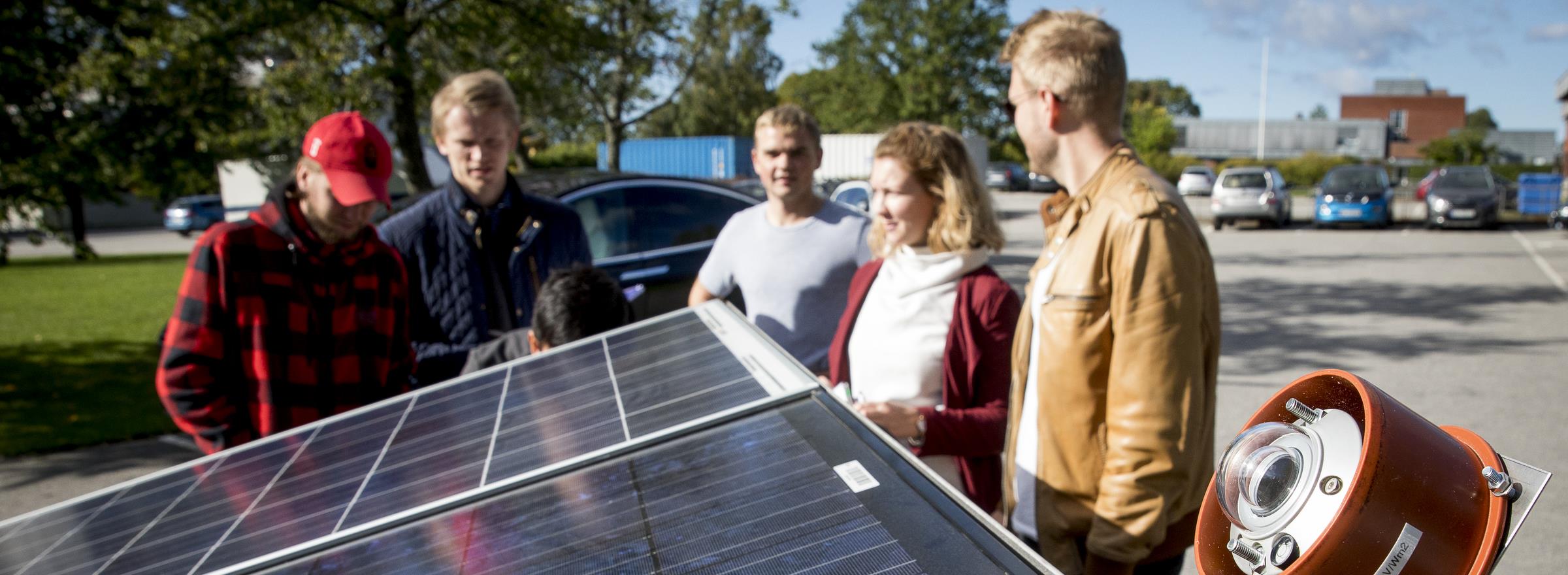
Application
To apply online for this vacancy, please click on the 'Apply for this job' button above. This will route you to the University's Web Recruitment System, where you will need to register an account (if you have not already) and log in before completing the online application form.
Application deadline: 22.10.2024
Please note that all documents should be in English or a Scandinavian language.
By applying the candidate confirms that information and documentation submitted via the job application can also be used by NMBU in a possible admission process to the PhD program.
Interviews with the best qualified candidates will be arranged. Applicants invited for an interview are expected to present original diplomas and certificates.
The application must include:
- Motivation letter (maximum 1 page)
- Curriculum Vitae (with a list of education, positions, teaching experience, administrative experience and other qualifying activities, including a complete list of publications)
- Summary of MSc thesis (maximum 2 pages)
- Certified copies of academic diplomas and certificates. (i.e. Diploma, transcript. Diploma supplement for both bachelor and master). Diplomas, transcripts and diploma supplements that are not in Norwegian or English must be uploaded in the original language. An English translation of these documents must also be attached.
- Applicants from universities outside Norway are kindly requested to send a diploma supplement, or a similar document, which describes in detail the study program and grading system.
- Documentation of proficiency in written and oral English in accordance withNMBU PhD regulation section 5-2 (3).
- Names and contact details for two references
- Additional relevant documentation of professional knowledge (for example, list of scientific works). If it is difficult to judge the applicant’s contribution for publications with multiple authors, a short description of the applicant’s contribution must be included.
About The Faculty of Science and Technology
The Faculty of Science and Technology (REALTEK) develops research-based knowledge and educates civil engineers and lecturers needed to reach the UN's sustainability goals. We have approximately 150 employees, 70 PhD students and soon 1500 students. The education and research at REALTEK cover a broad spectrum of disciplines.
This includes data science, mechanics and process engineering, robotics, construction and architecture, industrial economics, environmental physics and renewable energy, geomatics, water and environmental engineering, applied mathematics as well as secondary school teacher education in natural sciences and use of natural resources such as in agriculture, forestry and aquaculture. The workplace is in Ås, 30 km from Oslo.
What is it really like to work at the Faculty of Science and Technology (REALTEK) at NMBU?
- Guided tour of the Faculty of Science and Technology on Vimeo
NMBU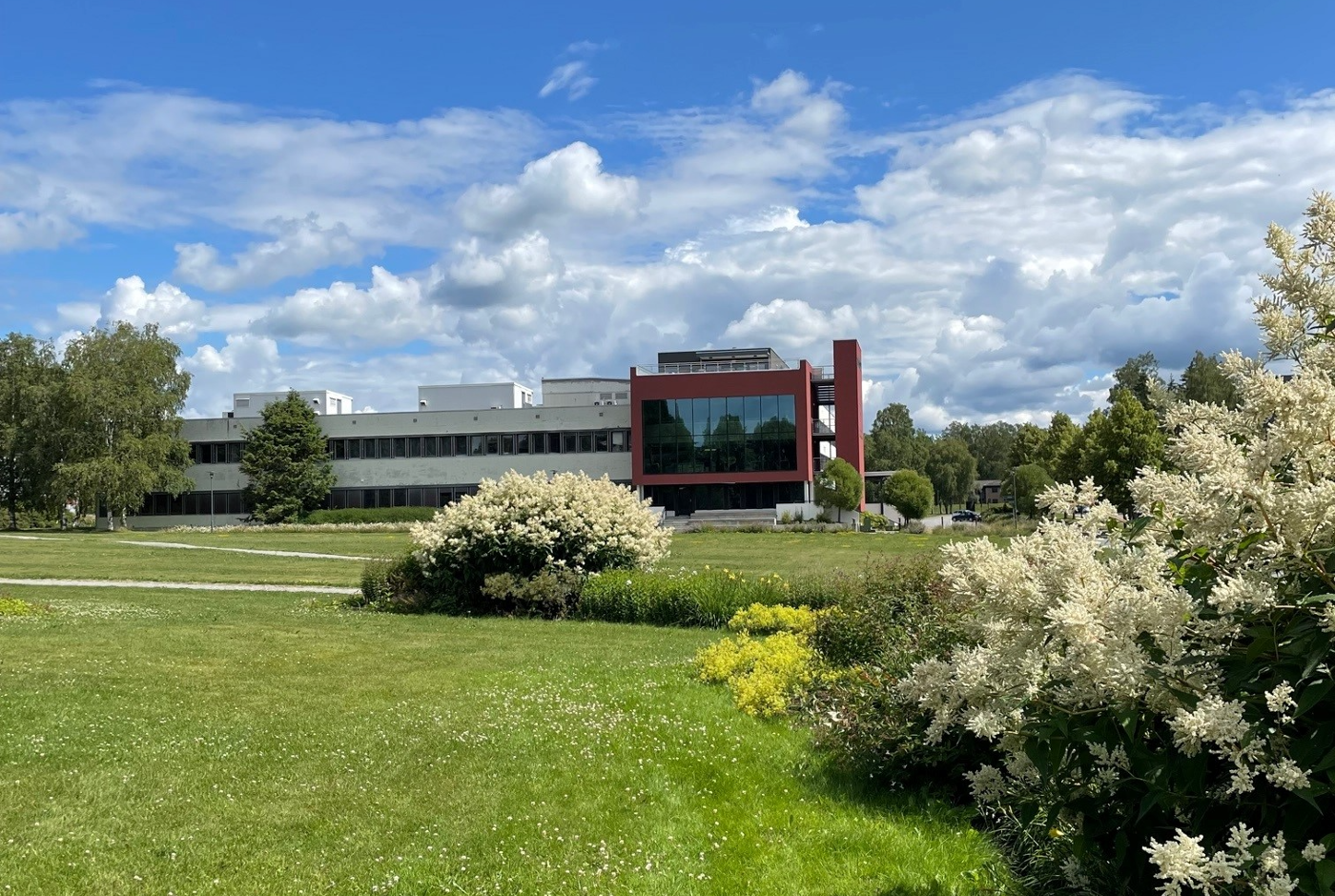
The Norwegian University of Life Sciences (NMBU)
NMBU will contribute to securing the future of life through outstanding research, education, communication and innovation. We have the country's most satisfied university students, who receive research-based education in a unique student environment. Our graduates gain a high level of competence in interdisciplinary collaboration and are popular in the labor market.
NMBU has internationally leading research environments in several subjects. Together with our partners in society and business, we contribute to solving some of the biggest societal challenges of our time. We focus on innovation, communication and entrepreneurship because we believe these challenges are best solved with joint efforts. We believe that a good working environment is characterized by diversity.If necessary, workplace adaptations will be made for persons with disabilities. More information about NMBU is available at www.nmbu.no/en
Questions about the position
Dr. Pelin Kocatürk Schumacher
Associate Professor
pelin.kocaturk.schumacher@nmbu.no

